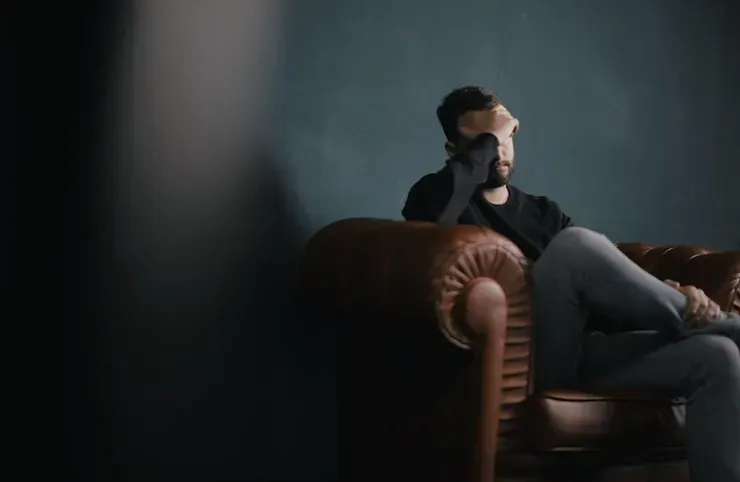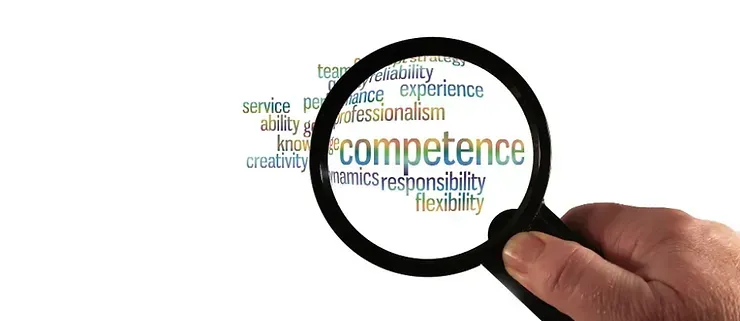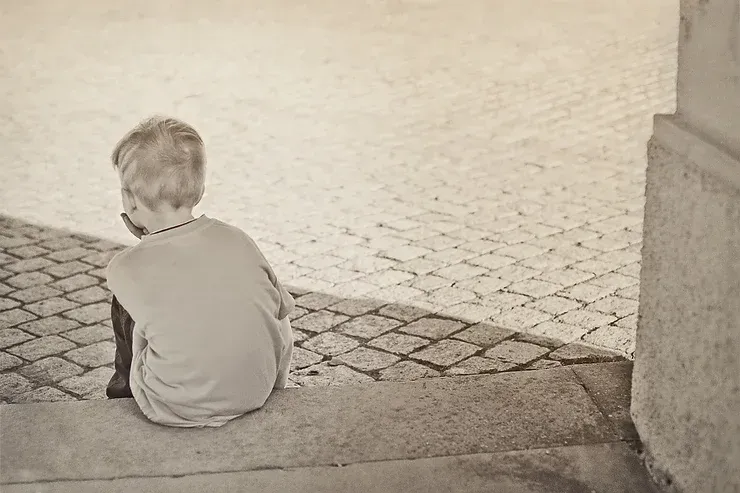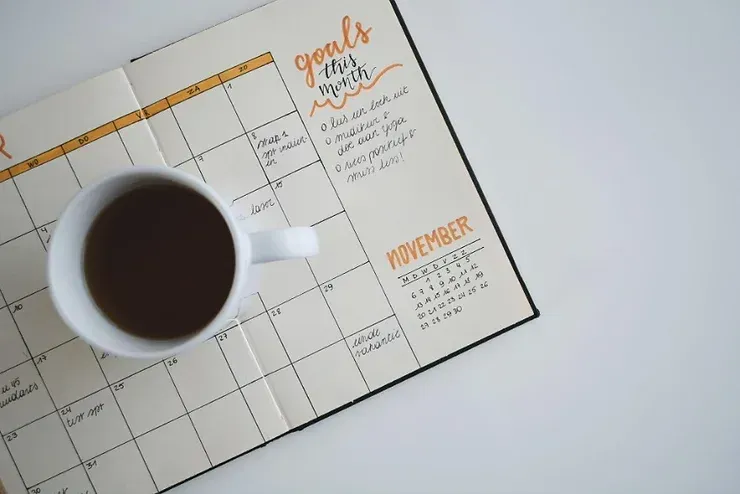How to Reduce Anxiety in Your Life
How to Reduce Anxiety in Your Life

Photo by Nik Shuliahin on Unsplash
There’s a lot to be anxious about these days––the continued presence of covid, predictions of a recession, unrest in our government, and wars around the world. It’s the recipe for sleepless nights––and a concoction to amp up our anxiety.
And if we allow our anxiety to go unchecked, there are numerous physical, emotional, and spiritual ailments.
So how do you know if you have anxiety? According to the National Institute of Health, there are notable symptoms of an anxiety disorder:
● Feeling restless, wound-up, or on edge.
● Being easily fatigued.
● Having difficulty concentrating.
● Being irritable.
● Having headaches, muscle aches, stomachaches, or unexplained pains.
● Difficulty controlling feelings of worry.
● Having sleep problems, such as difficulty falling or staying asleep.
Spiritually, we may feel lost or unable to connect with God. We are likely to feel unsafe in the world.
Unfortunately, our anxiety just doesn’t affect just us. It ripples out in all directions, touching the lives of our families, our friends, our colleagues, and even the strangers on the street––even if we say nothing.
“Most of us tend to think of communication purely in terms of the words, tone, gestures, and facial expressions we use to get our message across,” says Maryanne O'Brien, author of The Elevated Communicator: How to Master Your Style and Strengthen Your Well-Being at Work. “There’s a whole communication system that operates just below our conscious level of awareness that’s always sending and receiving messages between us…Every thought, intention, and emotion carries a frequency that moves through this field of energy. This means that you’re always sending messages to others––messages that you may not even be aware of––that influence how they feel, think, and behave, and visa versa.”
And that’s where we must reclaim our responsibility for how we’re showing up in other people’s lives. Alex Weber, former host of American Ninja Warrior and author of Fail Proof: Become the Unstoppable You, says, “We must stop to think about how we affect the people around us. We have a responsibility to maintain a positive attitude and resilience. We must take care of our energy.”
So if anxiety is casting a dark shadow over your life, it’s time to pause and take care of yourself. Only then will you be able to be a responsible partner, friend, and colleague.
● Journal. Spend a few minutes each morning writing out your feelings. According to Medical News Today, “Writing down one’s thoughts and feelings can be a useful strategy to combat anxiety, reduce stress, and support mental health.”
● Breathe. When we’re anxious, we automatically take shallow breaths.
“Your body automatically goes into a state of emergency the moment you are feeling anxious. Your heart rate and blood pressure rise. This is your body’s way of putting you in the physical state required to literally escape a perceived threat,” says Wim Hof.
“Start practicing breathing from your belly by sighing and just letting the air out of your lungs. This helps relax the tensed-up muscles in the upper part of your body. Next, inhale through your nose, while pushing out your abdomen. After inhaling, pause for a moment and subsequently exhale while pulling your abdomen in. You will notice that you take bigger breaths this way and that you breathe slower. Keep breathing like this for a couple of minutes and your body will already begin to feel more relaxed.”
● Seek out a coach or a counselor. Having someone you trust with whom you can openly share your feelings alleviates the sense that you are alone in the world. You’re not.
Life has always been challenging-–for eons. That’s not about to change. But what can change is your response to the hurdles life throws at you.











